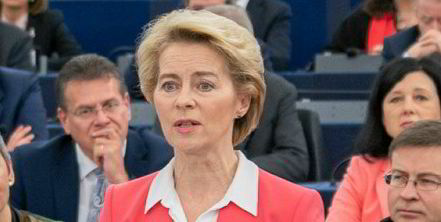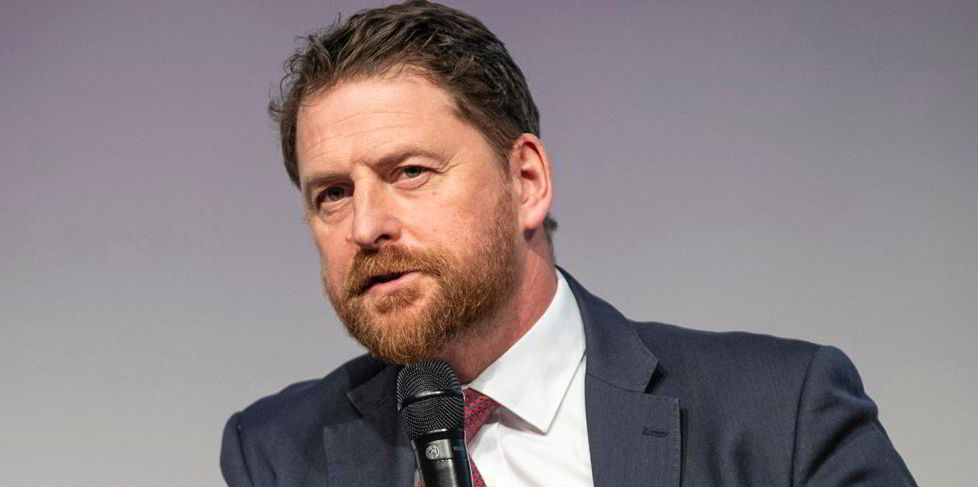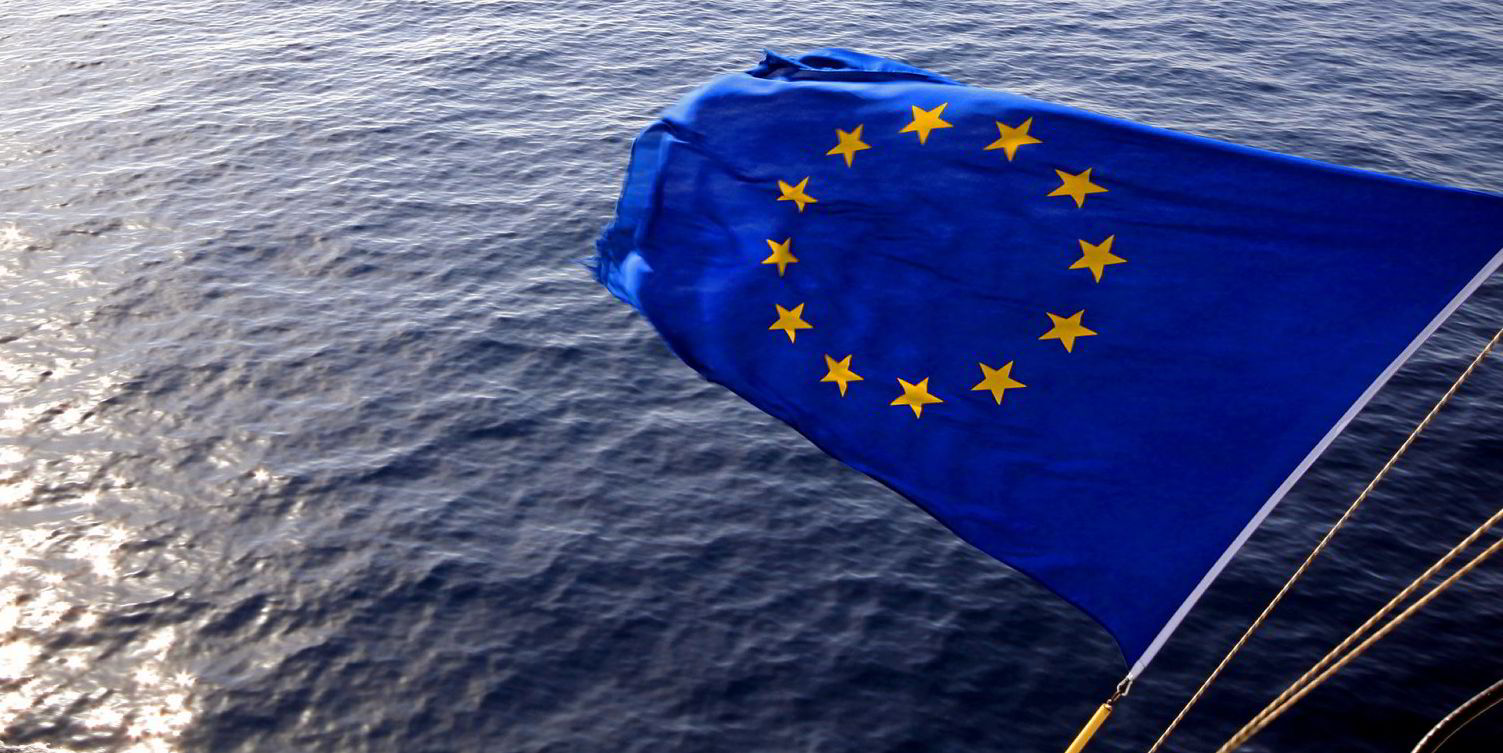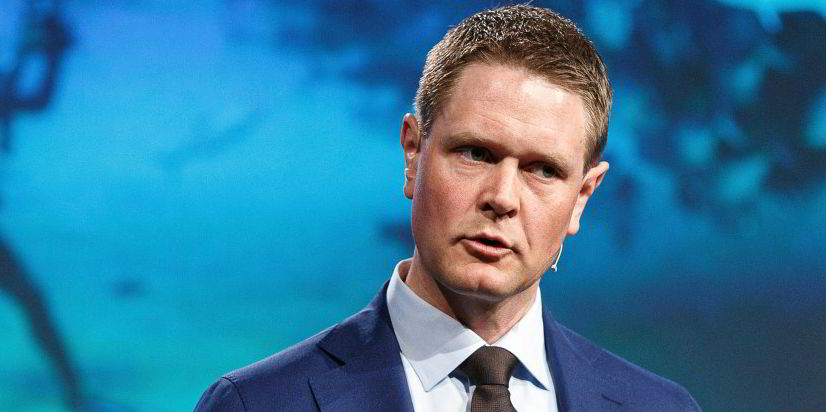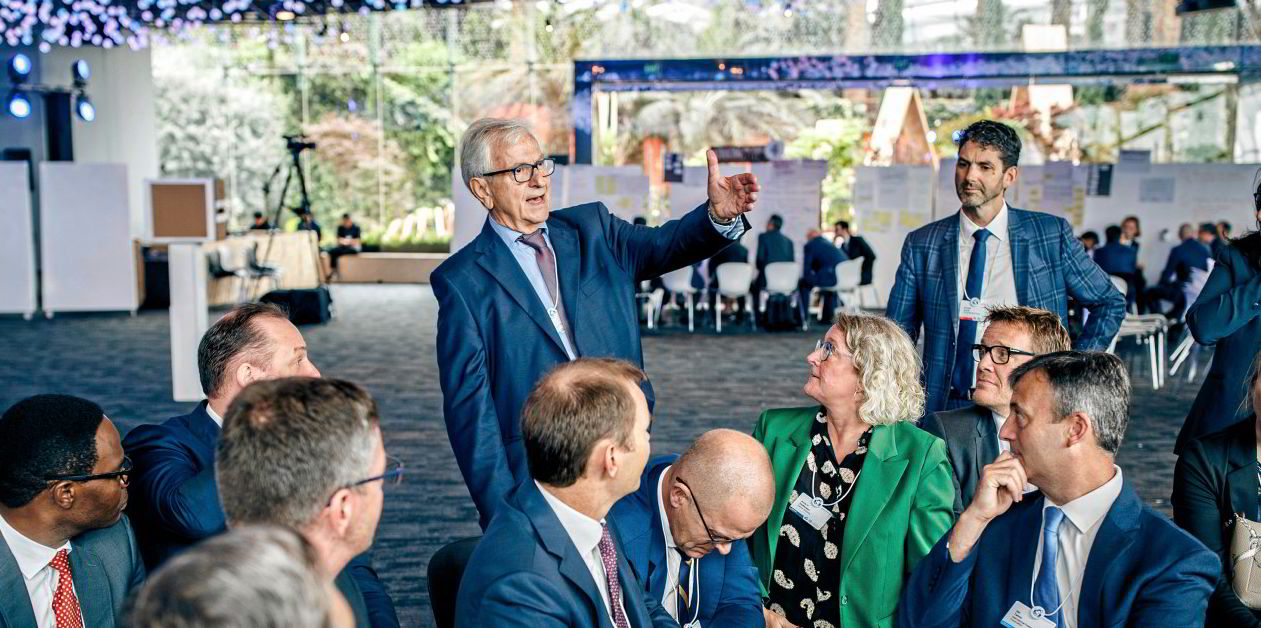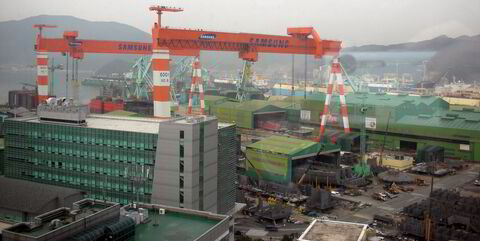The European Commission says natural gas and nuclear energy should play a part in curbing CO2 emissions.
The commission — which drafts and executes European Union legislation — included both energy forms in a draft proposal of the EU Taxonomy, a classification system that establishes a list of environmentally sustainable economic activities.
More crucially, the taxonomy is meant to be a tool to guide investors who want to put their money into green projects. It will also introduce disclosure obligations on companies and financial market participants.
In an announcement on Saturday, the EC said it "considers there is a role for natural gas and nuclear as a means to facilitate the transition towards a predominantly renewable-based future".
These two energy sources, however, would be classified "under clear and tight conditions", the commission cautioned.
"For example, gas must come from renewable sources or have low emissions by 2035," it said, without offering further details.
LNG plays a key role in commercial shipping, where it is increasingly seen as a transitional fuel towards a carbon-free future — fuels for which have not been discovered or are not commercially viable yet.
However, critics point out that when "well-to-wake" emissions across its life cycle are taken into account, natural gas can be just as harmful as other fossil fuels, especially because of methane leakage.
EU decisions on whether, and under what conditions, natural gas investments can enjoy a green label will probably help shape environmental, social and governance standards even outside the bloc.
Long process
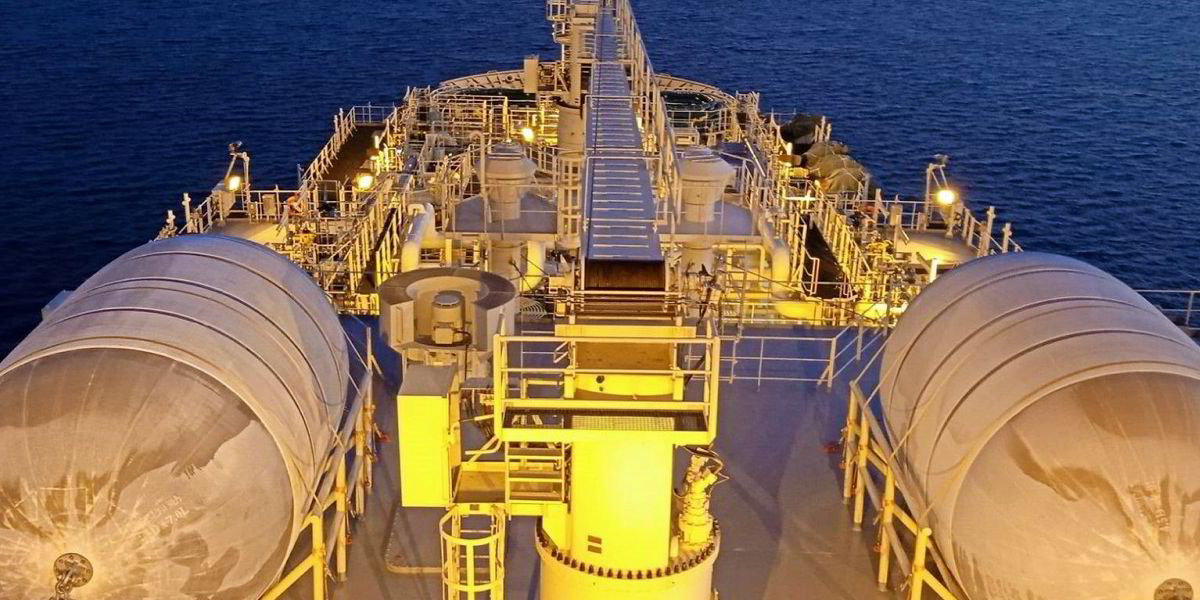
The EC's announcement came as part of efforts to update an existing piece of EU legislation, the Taxonomy Climate Delegate Act, which was unveiled by the commission last April.
The new round of consultations kick-started by the EC on 1 January is aimed at drafting a Taxonomy Complementary Delegated Act, which will cover "certain gas and nuclear activities".
The EC said it will also amend a related piece of legislation, the Taxonomy Disclosure Delegated Act, "so that investors can identify if activities include gas or nuclear activities, and to what extent, so they can make an informed choice".
Criteria for the gas and nuclear activities will in any case "be updated as technology evolves".
The commission's proposal is the first step in a long process towards enactment.
It will first formally adopt a draft Complementary Delegated Act this month. The text will then be sent for scrutiny to the European Parliament, as well as to member state governments represented in the European Council.
The scrutiny period can last between four and six months.
Government ministers can object to the proposed legislation if they muster a majority of 20 of the 27 EU member states, representing at least 65% of the bloc's population.
The European Parliament can turn it down by simple majority.
The driving force behind labelling nuclear green is French President Emmanuel Macron, whose country has been relying for decades on nuclear power to cover its energy needs and has exported it to other countries.
